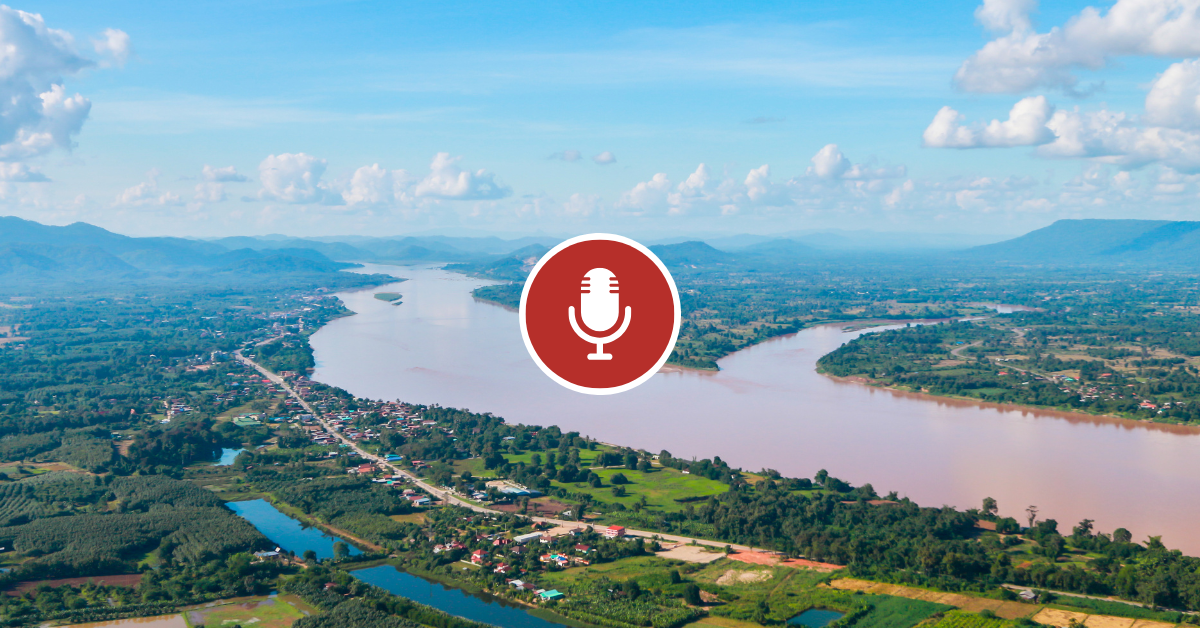The Mekong River provides millions of people in and beyond Southeast Asia with food, water, and agricultural productivity. Twenty percent of the world’s freshwater fish comes from the Mekong River, supplying the shelves of stores across the globe. However, the river system is threatened by climate change and upstream dams. While many countries of the Mekong basin prioritize the health of the river, China places economic growth above those concerns. How can the United States, China, and Lower Mekong River (LMR) countries work together to keep the Mekong healthy?
Brian Eyler joins the National Committee in an interview recorded on October 11, 2024 to explain the global significance of the Mekong River, pressing threats to the region, and how U.S.-China collaboration can keep the river healthy.

Brian Eyler
Brian Eyler directs the Southeast Asia Program and the Energy, Water, and Sustainability Program. He is an expert on transboundary issues in the Mekong region and specializes in China’s economic cooperation with Southeast Asia. He spent more than 15 years living and working in China and over the last two decades has conducted extensive research with stakeholders in the Mekong region. He is widely recognized as a leading voice on environmental, energy, and water security issues in the Mekong. Brian is co-lead on the Mekong Dam Monitor, the winner of 2021 Esri Special Achievement in GIS Award, 1st Prize in the 2021 Prudence Foundation’s Disaster Tech Competition, and the Renewable Natural Resources Foundation’s 2021 Outstanding Achievement Award. His first book, Last Days of the Mighty Mekong, was published by Zed Books in 2019. He holds a MA from the University of California, San Diego and a BA from Bucknell University.
